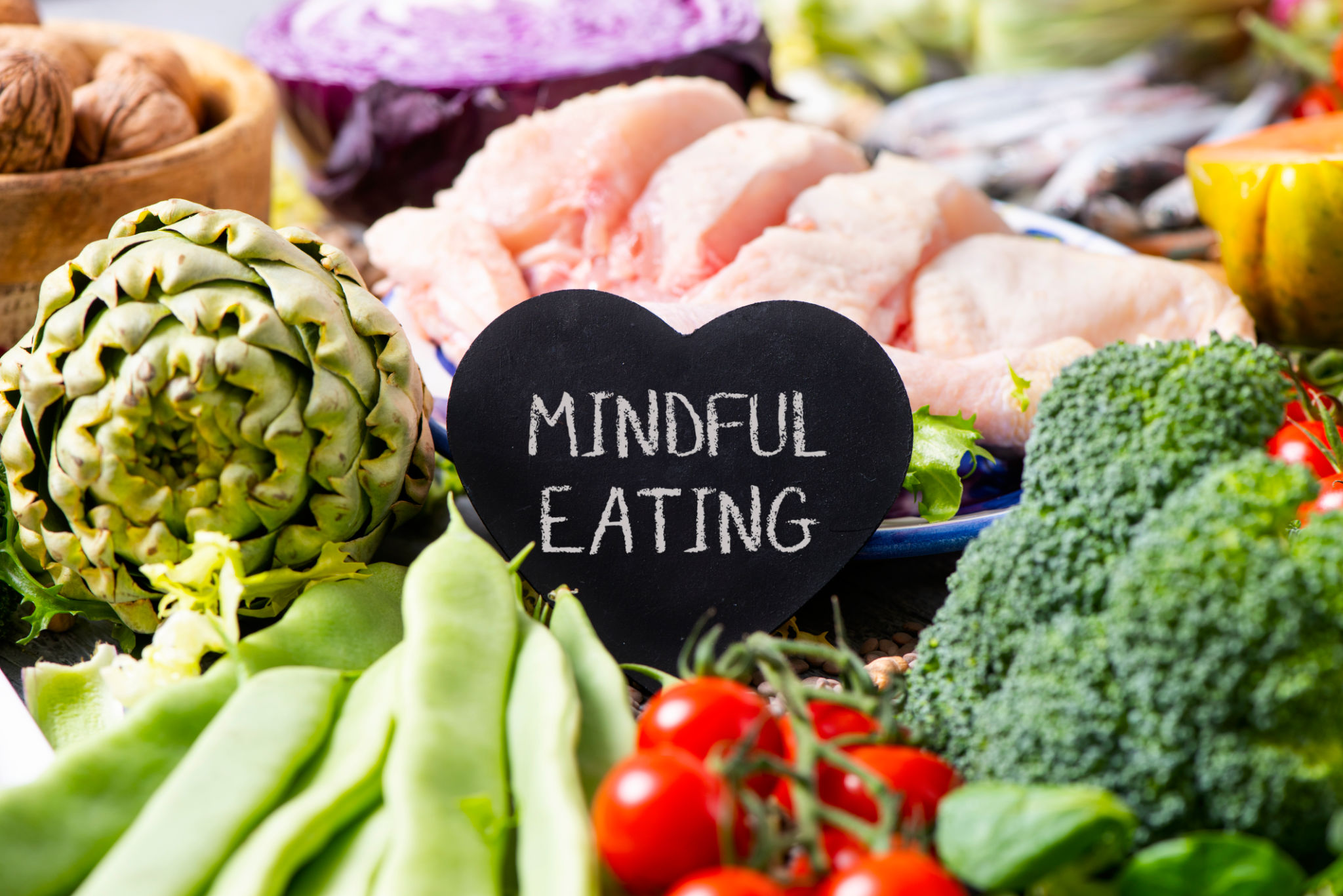Intuitive Eating vs. Dieting: Why Listening to Your Body Wins
Understanding Intuitive Eating and Dieting
In the realm of health and wellness, the debate between intuitive eating and traditional dieting is ongoing. While dieting often involves strict rules and restrictions, intuitive eating emphasizes listening to your body’s natural hunger and fullness cues. This approach encourages a healthy relationship with food, focusing on enjoyment rather than deprivation.

The Principles of Intuitive Eating
Intuitive eating is founded on several key principles that guide individuals in developing a more mindful and balanced approach to food. These principles include:
- Rejecting the diet mentality
- Recognizing hunger signals
- Making peace with food
- Honoring feelings without using food
- Respecting your body
These principles encourage a shift away from external diet rules and towards trust in one’s internal cues.
The Limitations of Dieting
Traditional dieting can often lead to a cycle of restriction, overeating, and guilt. Diets typically impose rigid guidelines about what, when, and how much to eat. This can create a sense of deprivation and lead to unhealthy relationships with food. Additionally, many diets are unsustainable in the long term and can result in yo-yo dieting, which may negatively impact metabolic health.

The Benefits of Listening to Your Body
Listening to your body through intuitive eating can lead to numerous benefits. These include improved mental and emotional well-being, as individuals learn to enjoy food without guilt or shame. It also promotes a stronger connection with your body’s needs, helping you make food choices that genuinely satisfy you.
By tuning into hunger and fullness cues, you may also find it easier to maintain a stable weight. This approach supports a healthier lifestyle by fostering a positive mindset around food and body image.
Practical Tips for Embracing Intuitive Eating
If you're considering transitioning from dieting to intuitive eating, here are some practical tips:
- Start slowly: Allow yourself time to adjust to this new way of thinking about food.
- Practice mindfulness: Pay attention to your eating habits and how foods make you feel.
- Be patient: Changing long-standing habits takes time and patience.
- Seek support: Consider working with a nutritionist or therapist familiar with intuitive eating principles.

The Future of Eating Habits
As more people discover the benefits of intuitive eating, there is hope for a future where individuals have healthier relationships with food. This shift could lead to widespread changes in how society views nutrition and weight management.
Ultimately, the choice between intuitive eating and dieting comes down to personal preference and goals. However, the growing evidence supporting intuitive eating suggests that listening to your body may be the key to long-term health and happiness.